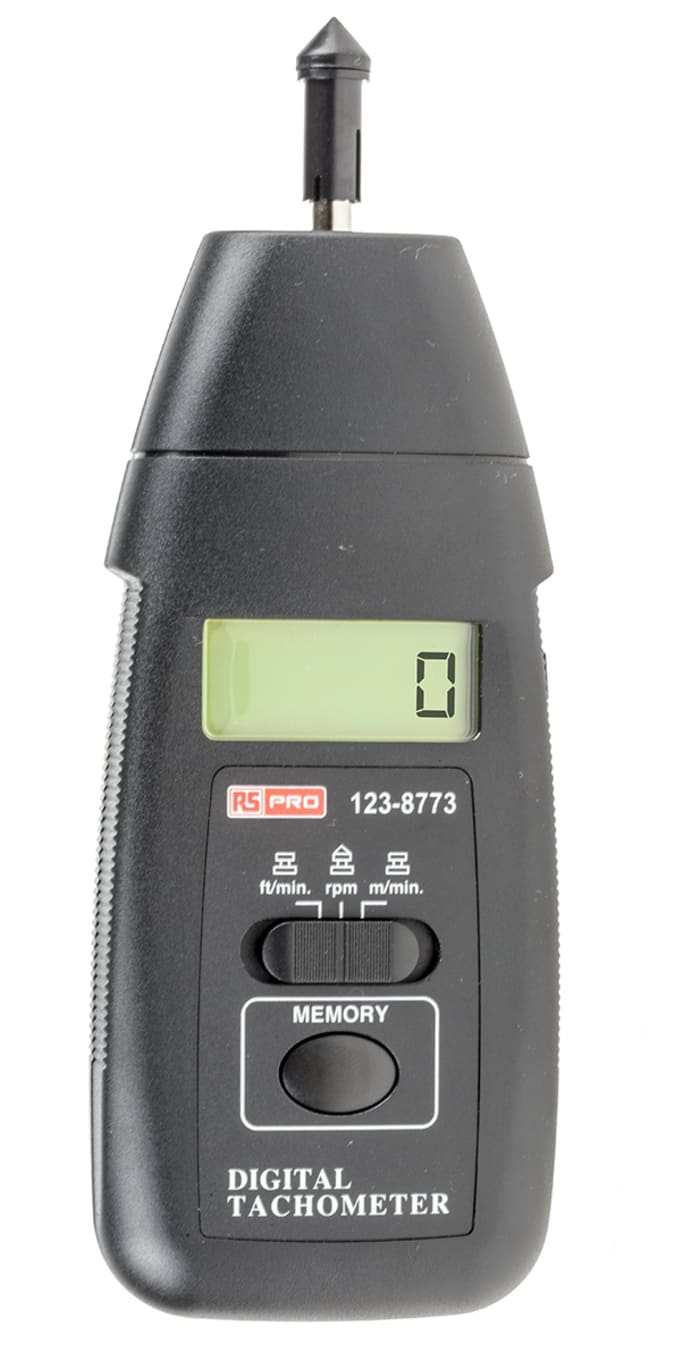Secret Factors Why Having a Tachometer Is Important for Keeping Engine Health and Effectiveness
In the world of automotive upkeep, the value of a tachometer can not be overstated - tachometer. This simple yet critical instrument plays an essential duty in the upkeep of an engine's health and performance. By providing real-time data on engine speed and RPM levels, a tachometer supplies important insights that directly affect the performance and long life of the engine. From stopping over-revving to enhancing fuel intake, the applications of a tachometer are multifaceted and vital for any type of lorry proprietor or fanatic. So, why is this seemingly easy gadget so crucial? Let's check out the crucial factors behind its essential duty in keeping engine wellness and performance.
Preventing Engine Over-Revving

To protect the engine from possible damage, it is necessary to carry out steps that prevent over-revving, a technique that can bring about expensive repair work and reduced engine life-span. Over-revving happens when the engine's rotational speed goes beyond the maximum restriction established by the manufacturer, creating unnecessary stress on inner elements such as pistons, shutoffs, and linking rods. This extreme strain can cause mechanical failures, consisting of bent shutoffs, damaged pistons, and also devastating engine failing.
A rev limiter is a device that manages the optimum RPM (changes per min) of the engine by either reducing off fuel flow or stimulate to the engine when the pre-set limitation is gotten to. Normal maintenance checks to guarantee the engine is in ideal problem can likewise assist in protecting against over-revving incidents and prolonging the engine's life expectancy.
Maximizing Gas Usage
Efficient gas usage plays a vital function in maximizing the performance and sustainability of an engine. tachometer. Enhancing gas consumption not just assists in minimizing operational prices but also lessens the ecological effect of automobile emissions. By utilizing a tachometer to check engine speed and change driving behaviors accordingly, motorists can attain far better gas performance
Keeping a steady speed and preventing abrupt velocities and slowdowns can considerably enhance gas economy. Additionally, appropriate equipment choice based upon the tachometer readings ensures that the engine operates within its optimal range, bring about extra effective gas combustion.
Consistently monitoring the tachometer can additionally assist recognize any type of inefficiencies or mechanical concerns that may be affecting gas consumption. For example, an unexpected increase in gas use without an equivalent change in driving behaviors might show a problem that needs interest.
Surveillance Engine Wellness
Keeping track of engine health is important for making sure ideal performance and longevity of the automobile. By utilizing a tachometer to keep an eye on engine speed, motorists can discover abnormalities that may indicate potential problems with the engine. A tachometer provides real-time data on engine transformations per min (RPM), permitting chauffeurs to determine any type of unusual spikes or decreases in RPM that can signal problems such as misfires, blog here worn-out parts, or engine overheating.

Regularly keeping an eye on engine health via making use of a tachometer enables drivers to address issues promptly before they rise and trigger considerable damage. Detecting a decrease in RPM might suggest gas shipment troubles or a clogged up air filter, while an unexpected increase in RPM might direct to concerns with the transmission or exhaust system. By remaining alert and receptive to adjustments in engine performance, motorists can stop costly repair services and make sure website here the overall wellness and performance of their vehicle.
Expanding Engine Life-span
Ensuring the longevity of an engine calls for persistent maintenance methods and conscientious surveillance of vital efficiency indicators. Prolonging an engine's life-span is vital for lowering overall automobile look these up maintenance costs and avoiding unforeseen break downs. A tachometer plays a substantial duty in this facet by giving real-time information on engine speed, enabling motorists and auto mechanics to make enlightened decisions to avoid excessive deterioration.

In addition, routine upkeep based on tachometer readings, such as timely oil adjustments and spark plug replacements, can considerably add to extending the engine's long life. On the whole, integrating a tachometer right into routine engine surveillance practices is important for preserving the engine's health and wellness and performance over the long-term.
Conserving Cash on Fixes
A tachometer helps in checking the engine's RPM (revolutions per min), making it possible for chauffeurs to run within the recommended variety. By remaining within these optimal RPM degrees, too much strain on the engine can be prevented, lowering the possibility of expensive repairs due to exhausting the engine.
In addition, by using the data from a tachometer to exercise smooth velocity and deceleration, chauffeurs can extend the life-span of their vehicle's elements, eventually conserving cash on maintenance and replacements. In general, the understandings given by a tachometer encourage drivers to make educated choices that can protect against unneeded wear and tear on the engine, resulting in considerable expense financial savings in the lengthy run.
Verdict
To conclude, a tachometer plays an essential function in preserving engine health and wellness and performance by protecting against over-revving, maximizing gas intake, monitoring engine health, extending engine lifespan, and conserving cash on fixings. It is a crucial device for ensuring that the engine runs within risk-free limitations and carries out at its best, ultimately adding to the longevity and total efficiency of the vehicle.